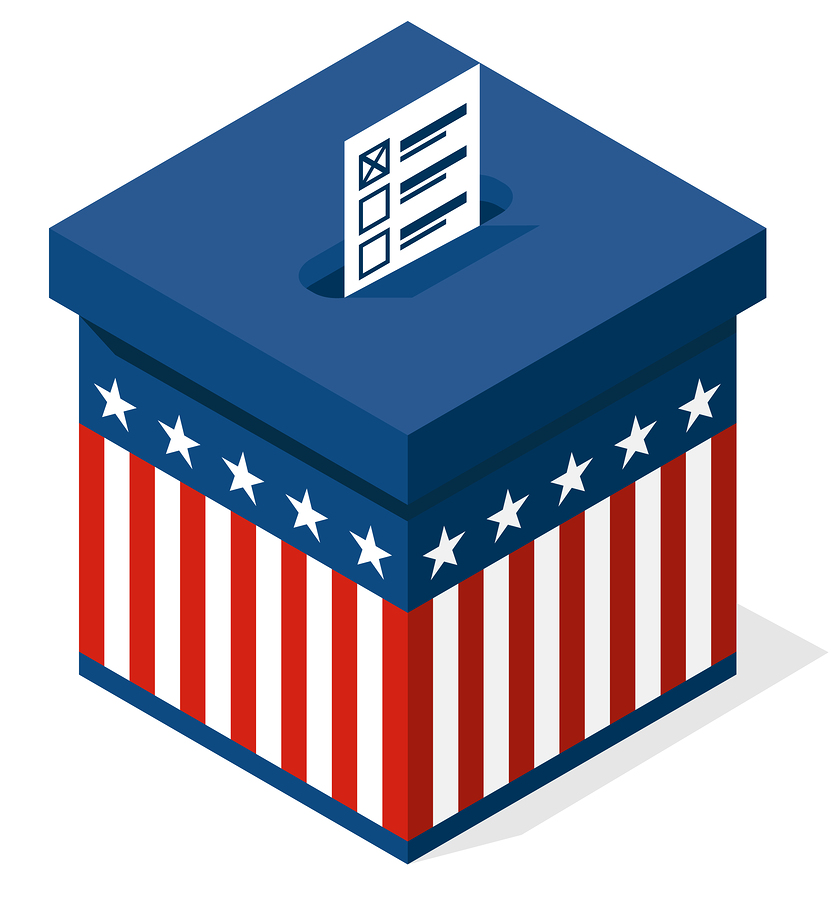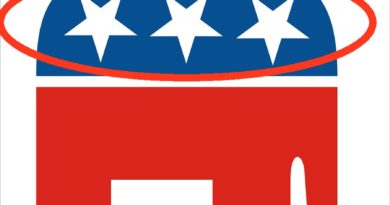Here’s One Thing You Should Know About Your Vote
On November 8th, over 100 million Americans will go to their local polling centers to exercise their right as citizens in a republican democracy to choose between the lesser of two evils foisted upon them by, what Greg Palast calls, “the best democracy money can buy“. You may be one such person. Unfortunately, many voters do so completely oblivious of some very important facts. While there’s a plethora to choose from, here’s one fact that really should be disclosed to the American voters. Maybe with some kind of warning label like the cancer warning on a pack of cigarettes.
You’re voting for “electors”, not the candidates
If you were already aware of this fact, then congratulations. If not, then SURPRISE!!! When you cast your vote for president, you’re not actually voting for a particular candidate. Rather, you’re actually voting for some person called an “elector”, who’s name you do not and will not ever know. In mid-December, about six weeks after the election, this elector person is supposed join with the other electors in your state to cast their “electoral votes” for whichever candidate you checked on your ballot. Oh wait, that’s only if your candidate wins a majority of the popular vote in your state. In all states except Nebraska and Maine, the winner of the popular vote in each state takes all of the electoral votes for that state.
As a matter of fact, a U.S. presidential candidate can win the electoral college, and thus the presidency, if he or she wins a majority in just eleven of the twelve following states: California, New York, Texas, Florida, Pennsylvania, Illinois, Ohio, Michigan, New Jersey, North Carolina, Georgia or Virginia. Furthermore, there is no rule or law that says the electors have to cast their votes based on the election results in their respective states. It’s basically just an honor system. For a brief primer on the electoral college, see this five-minute video by TED-Ed titled “Does your vote count? The Electoral College explained – Christina Greer”.
Your Choices Are Limited From the Get-go
This elector thing also means that your choices are really limited to just the presidential candidates that are listed on the ballot in your state. Write-in votes for any presidential candidates that are not on the ballot in your state get no representation in the electoral college system. That is, unless (1) they receive a majority of the popular vote in the 43 states that count write-in votes, and (2) they can get electors to represent them by the time the electors meet to cast their votes in mid-December.
Shouldn’t there be some kind of notice to voters about how the system works? Maybe a warning on top of those voting machines or at least a little pamphlet when going into the voting booth? Don’t our governmental officials want us voters to be informed?
More importantly, why isn’t there more discussion about this in our so-called free press? The government and the main-stream media wouldn’t conspire to manipulate the system, would they? Yes. Yes, they would and this blog is here to help keep an eye on, what the late, great George Carlin called our “controllers”.
The Political New Report was created in the interests of informing the public and we need your help. Please share this article and website on social media, and also like and subscribe so other like-minded people can find this content. If you found this content valuable, consider buying us a cup of coffee!
Box for a Vote image from BigStock Photo



